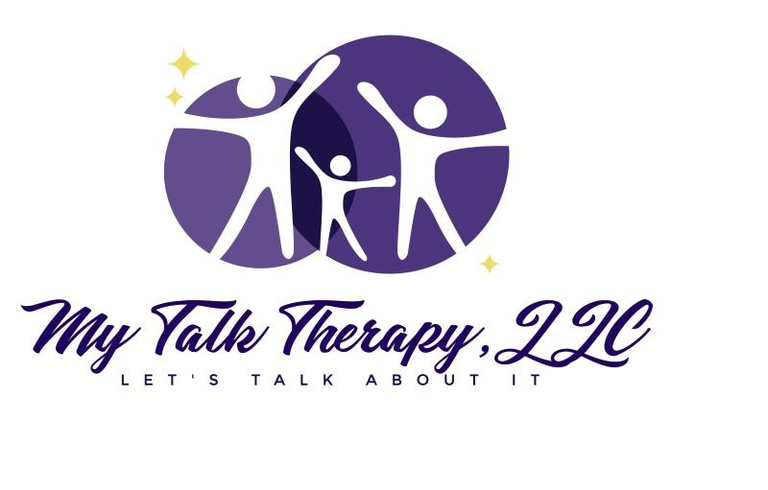Signs of Anxiety
How do you know if you have anxiety symptoms? Here are a few quick and easy signs of feeling stressed out, which can often led to mild to moderate level anxiety.
ANXIETY TOOLS
Dionne Brooks, LCSW Therapist
9/10/20242 min read


My post content
How do I know if I have anxiety symptoms?
Cluttered Thoughts: It’s hard to think clearly when there’s so much on our minds and we’re trying not to drop any of the mental plates that we are balancing.
Feeling Scattered: High anxiety makes it feel like we’re being stretched thin as we’re pulled in many directions. As a result, it seems like we have too few resources to handle all the demands.
Distractibility: Anxiety makes it harder to focus our attention on one thing, as we’re easily pulled from one crisis or threat to the next.
Poor Concentration: It’s hard to focus when we’re being bombarded by lots of thoughts and are fearful of making a mistake or forgetting something.
Memory Problems: Speaking of forgetting, anxious feelings have negative effects on a brain structure called the hippocampus, which makes it harder to encode and recall new memories.
Overwhelm: The feeling that it’s all too much, and that we don't have the resources to meet the challenges.
Low Motivation: Constant strain leads to feeling disheartened and dispirited as we feel like we can’t keep up with the demands.
Low Enthusiasm: This is when everything seems like too much; even things we normally would enjoy can feel like an unwelcome demand on our limited resources. This feeling is often a precursor to burnout.
Hopelessness: The longer stress goes on, the more hopeless we can become, as we start to believe that we’ll always feel overwhelmed and that nothing is going to get better. Hopelessness is a major contributor to depression.
Agitation: With our sympathetic nervous system on high alert, we feel rattled and constantly on edge, like we’re vibrating at a high frequency.
Disconnection: When our nervous systems are overloaded, they’ll try to conserve resources by selectively shutting down non-essential functions, like a cell phone entering Low Power Mode. This can manifest as a feeling of being disconnected from our bodies, our surroundings, and other people.
Irritability: It’s hard to deal with other humans when we’re stretched thin mentally, physically, and emotionally, which leads to being prickly and impatient.
